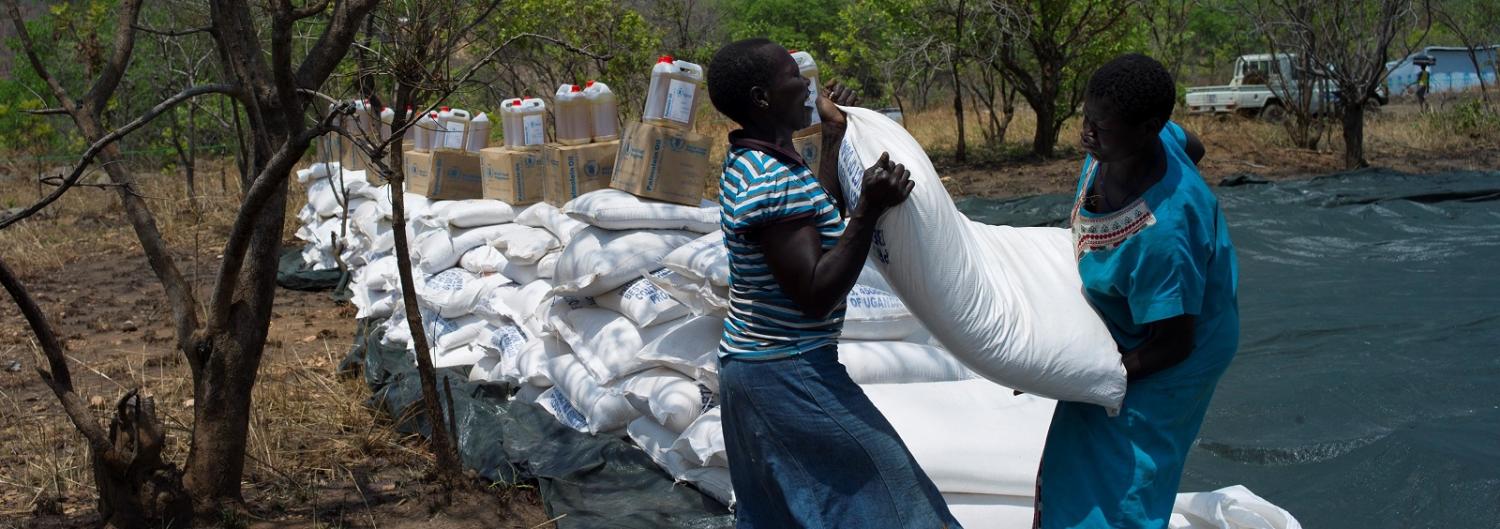- The Guardian documents the increasing difficulty of providing humanitarian assistance to Northern African areas facing famine, due to ongoing conflict and security challenges.
- On the Washington Post’s Monkey Cage blog, Séverine Autesserre discusses three assumptions of effective peacebuilding that may actually be hindering efforts.
- The concept of an edible drone to be used in humanitarian emergencies has the development world buzzing.
- Ben Parker helps better contextualise the potential cuts to the US aid program proposed by the Trump Administration through a number of interactive charts.
- Devex also provides an interesting summary, while Scott Morris at the Centre for Global Development discusses the dangers of dealmaking in development.
- The idea of rich countries taxing outward flows of remittances is gaining a bit of traction. Dilip Ratha from the World Bank argues why this is a bad idea.
- Terence Wood and Camilla Burkot break down findings from their recent polling of Australian voters on how best to sell the Australian aid program, finding that most Australians support aid on moral grounds rather than as a part of the national interest.
Aid and development links: How to sell aid to voters, taxing remittances, edible drones and more
Is it more effective to appeal to the national interest or to ethics when discussing aid with the public?

Refugees from South Sudan collect food from a distribution point on 23 February in Imvepi, Uganda (Photo: Dan Kitwood/Getty Images)
Published 27 Mar 2017
Follow @jonathan_pryke
You may also be interested in
A reality TV contest for pop music contestants from South Korea and Japan has an undertone of national competition, too.
The case for a woman to lead the World Bank, the poverty paradox, and stories from the aid and development sector.
